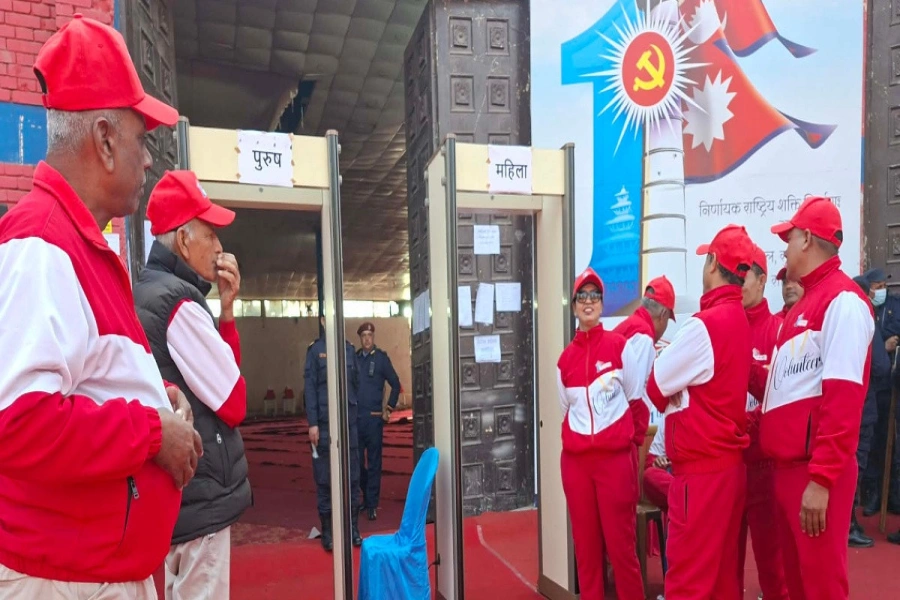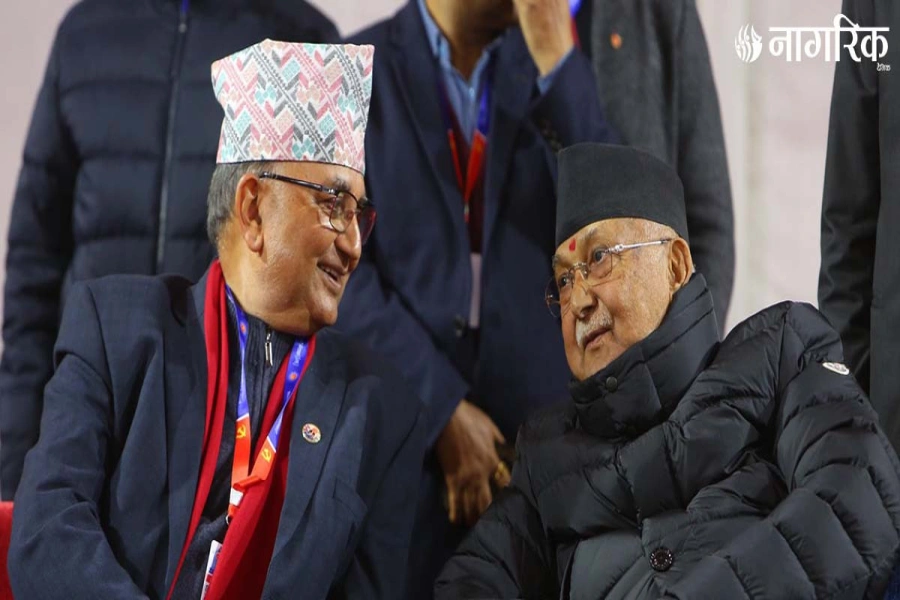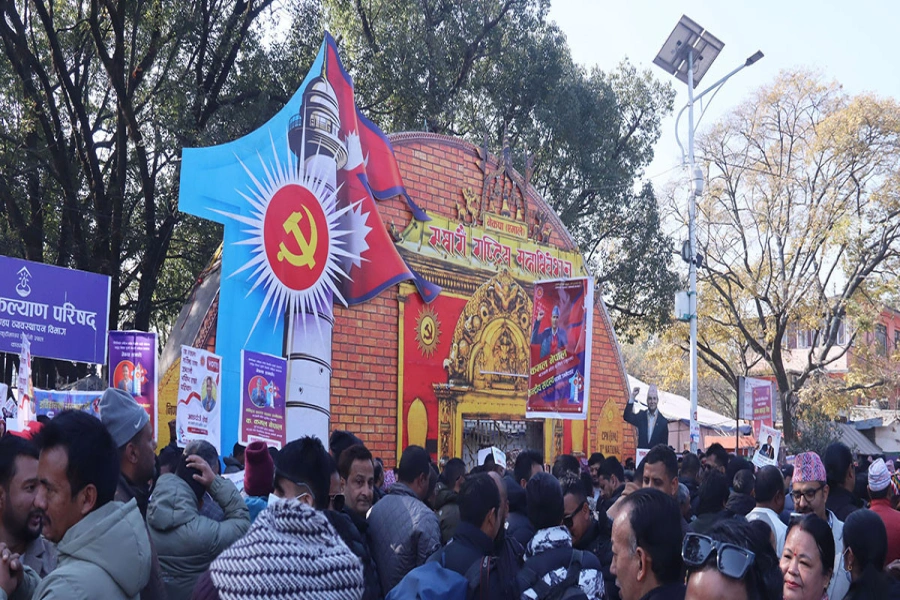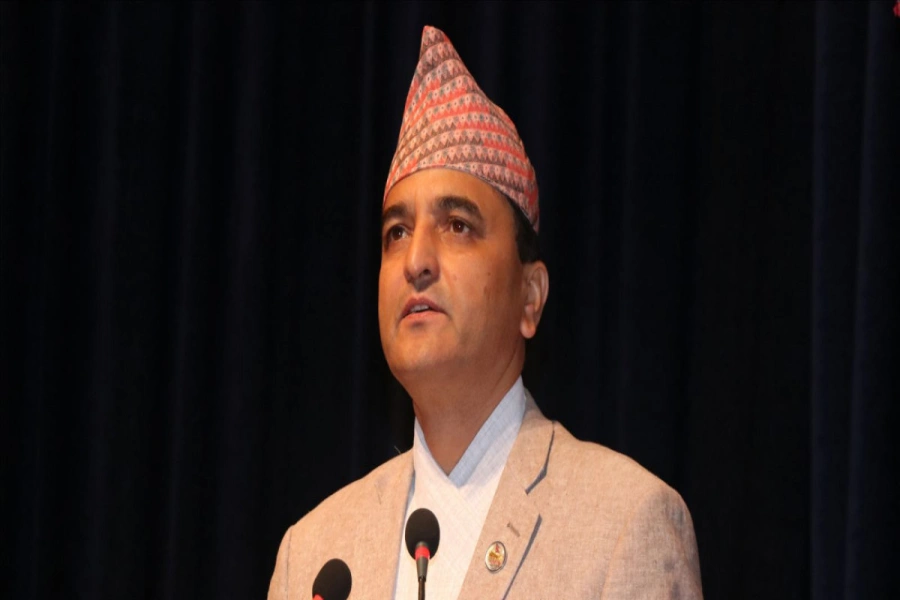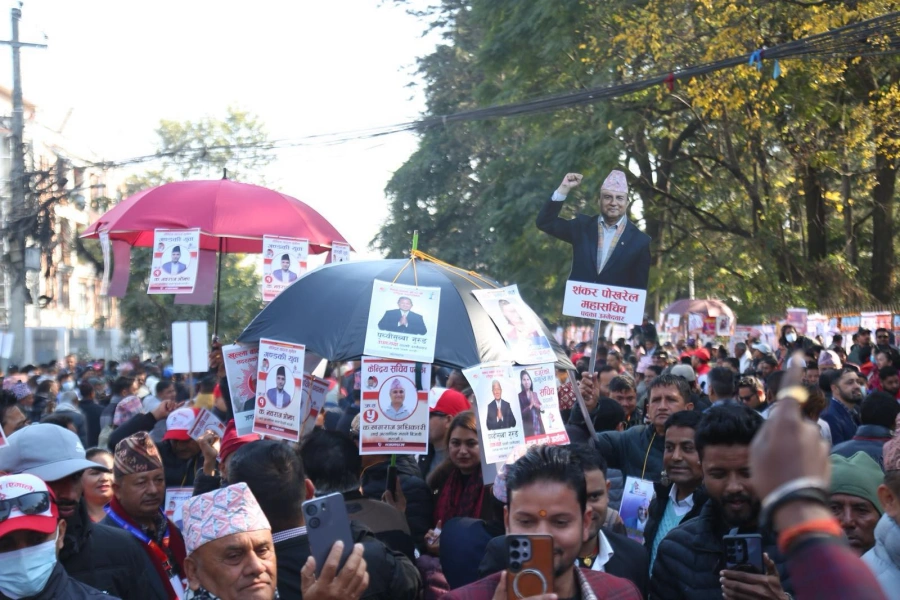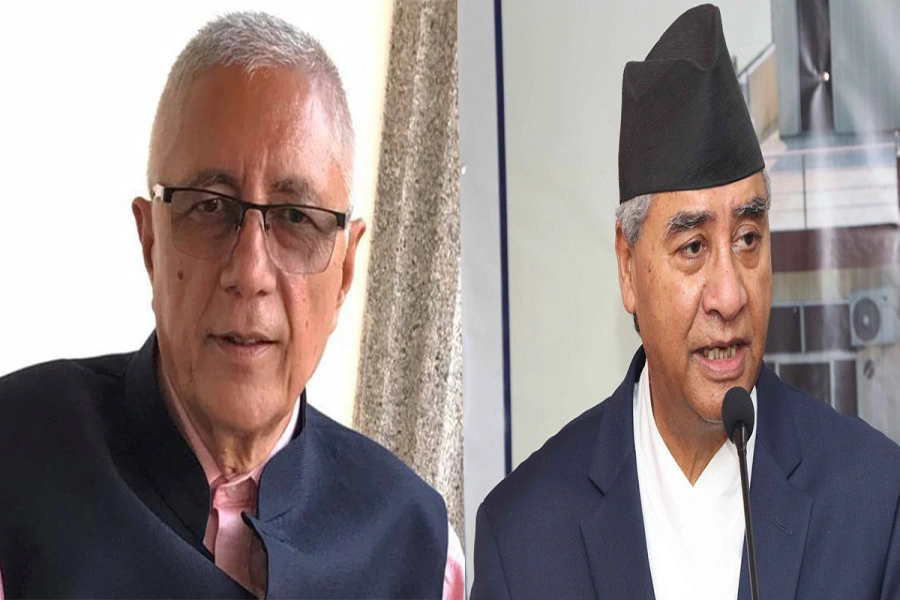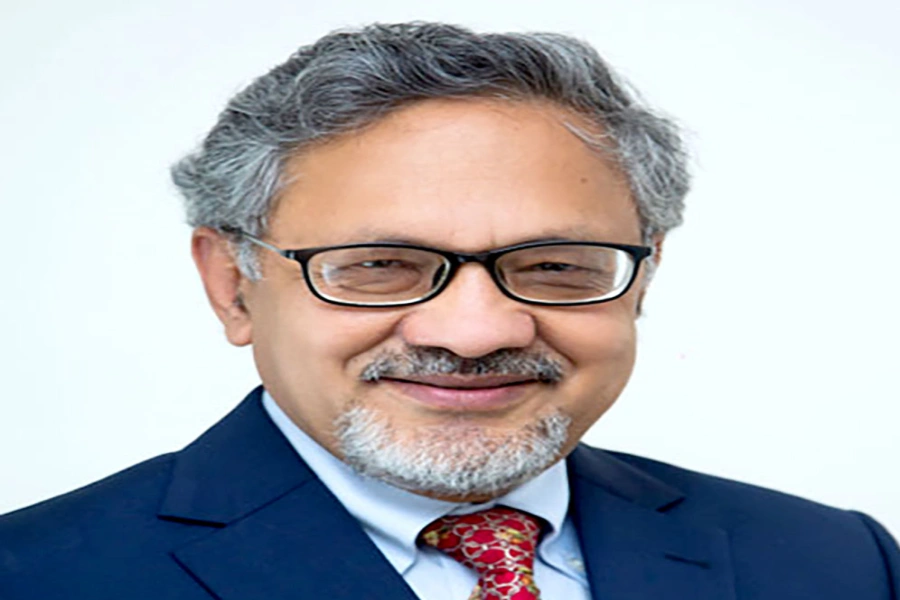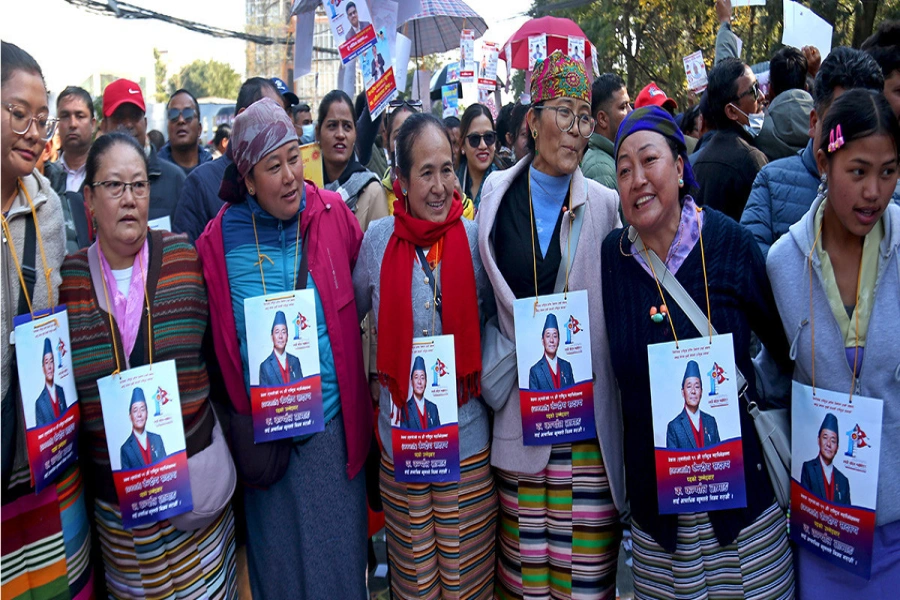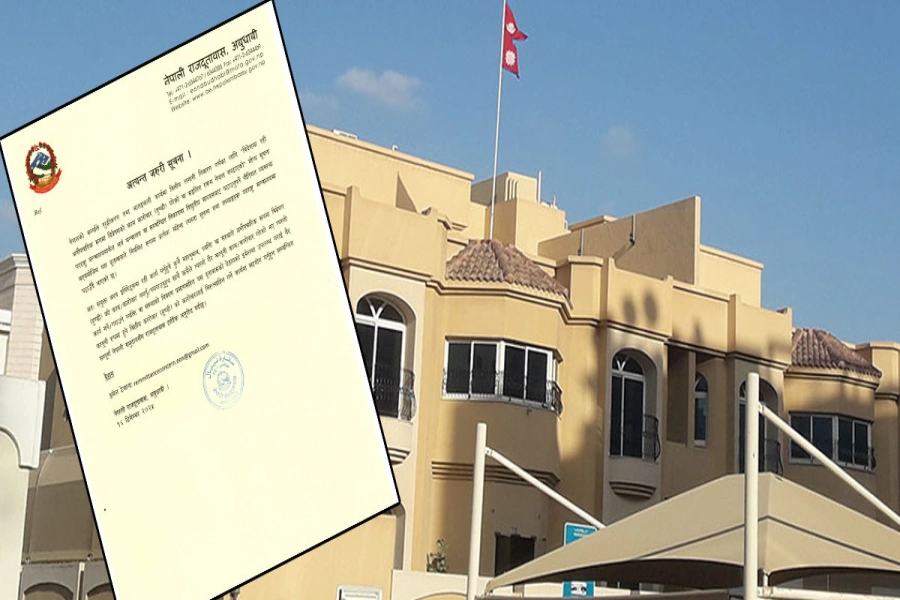KATHMANDU, Aug 15: The House of Representatives (HoR) has passed the much-awaited Bill on Transitional Justice (TJ), which seeks to amend the Enforced Disappearances Enquiry, Truth, and Reconciliation Commission (Third Amendment) Act 2024.
The Bill, presented by Minister for Law, Justice, and Parliamentary Affairs Ajay Kumar Chaurasiya, was endorsed with a majority vote, with only Prem Suwal, a lawmaker from the Nepal Workers and Peasants Party (NWPP), opposing it.
This legislation marks a significant step forward in Nepal’s ongoing efforts to address transitional justice issues that have remained unresolved for 18 years since the signing of the Comprehensive Peace Accord (CPA). The prolonged delay in addressing these issues has been a source of contention and pain for the victims of the conflict, making the passage of this bill particularly critical in the country's journey toward lasting peace and reconciliation.
On August 1, after intense negotiations among the top leadership of the three major political parties—Nepali Congress (NC), CPN-UML, and Maoist Center—a significant agreement was reached on the contentious issues within the Truth and Reconciliation Commission (TRC) Bill. This consensus paved the way for the bill to move forward in the legislative process.
The negotiations addressed key issues such as the definition of grave human rights violations, the necessity of obtaining victims’ consent for reconciliation efforts, and compensation for those affected by the conflict, including security personnel. These agreed-upon amendments were instrumental in aligning the bill with international standards and ensuring justice for all parties involved.
Following the agreement, the TRC Bill, was presented to the House of Representatives (HoR) on August 14.
Addressing the HoR meeting, Prime Minister KP Sharma Oli emphasized the government's commitment to enacting the Bill into law within the next ten days. Following its passage from the lower house of the federal parliament, the Bill will now move to the National Assembly.
Once approved by the National Assembly, which is the upper house of the federal parliament, it will be certified by the Speaker before being sent to the president for authentication. Upon receiving the president's approval, the Bill will finally become law.
The government initially registered the bill in the House of Representatives on March 9, 2023. Before it was passed by the Law, Justice, and Human Rights Committee of the House of Representatives, the top leaders of the three major political parties—Nepali Congress, UML, and Maoist Center—reached an agreement on the previously contentious issues within the bill.
HoR endorses Bill to amend TJ Act

During the HoR session, parliamentarians praised the recent agreement on the transitional justice bill, calling it a model for the world in establishing peace. This sentiment was echoed during discussions on the bill. Parliamentarians highlighted the consensus reached on the TRC Bill as a positive and exemplary achievement, demonstrating the power of national unity in addressing complex issues.
PM Oli remarked, "Our peace process is homegrown, developed in our own unique way, which is why it has been successful." He further asserted that Nepal's approach to peace and conflict management stands as a global model.
"Over the past 18 years, we have made substantial progress in managing conflicts," Oli said during the meeting.
Likewise, NC President Sher Bahadur Deuba affirmed that the Truth and Reconciliation Commission (TRC) Bill aligns with international standards. Deuba highlighted that the bill is in compliance with legal requirements, the Supreme Court's ruling, and global benchmarks.
Deuba conveyed his belief that the bill will be positively received by the international community and other relevant stakeholders. He also noted that the bill, once enacted, will guarantee justice for all those affected by the conflict.
Madhav Kumar Nepal, chairman of CPN (Unified Socialist), became emotional as he reflected on the history of Nepal's peace process.
Speaking at the meeting of the HoR, Nepal recalled the significant events leading up to the peace process. He mentioned the critical agreement reached in Delhi in 2004, expressing disappointment that some may have forgotten the contributions of others, including Maoist Center Chairman Pushpa Kamal Dahal, in bringing about the peace process.
Nepal recounted his journey to Delhi in late November 2, 2004, where he initiated contact with Maoist Chairman Dahal to finalize the agreement. He mentioned discussions with leaders of the communist party and even considered traveling to Kerala if no other options were available.
He addressed the ongoing rumors about India's involvement in Nepal's peace process, noting that his key supporters included current Prime Minister Oli, Krishna Prasad Sitaula, and Sher Bahadur Deuba. Nepal emphasized that the peace process was not achieved through minor challenges, stressing that it was a collective effort that involved significant sacrifices.
Nepal also highlighted the importance of the peace agreement signed on November 20, 2008, in Kathmandu. He mentioned his initial reluctance to attend the signing ceremony, feeling frustrated at the time, but eventually attended at the request of Girija Prasad Koirala and Dahal.
Prem Suwal, a Member of Parliament from the Nepal Workers Peasants Party, who opposed the bill, raised concerns about whether the goal of the Maoist people's war was to establish a capitalist republic where a minority exploits and rules the majority. He questioned the original demands of the people's war, the identity of the leaders who led the conflict, the sources of fighter training and weapons, and which demands have been fulfilled or remain unmet. Suwal urged for clarification on these issues.
Meanwhile, speaking at the meeting, Rastriya Prajatantra Party (RPP) Chairman Rajendra Lingden complained that the parties did not remember the former king Gyanendra Shah when they reached an agreement to end transitional justice. Lingden made this complaint claiming that the former king had contributed to the peace process.
"When talking about the peace process, I would like to humbly request the parties to thank each other," Lingden said, "Whether you call it a people's war or a rebellion, the leader who led it said it himself, this is not a rebellion battle that ended in defeat. It was concluded by agreement.”
Lingden claimed that the then king was a party to that agreement. “You should have remembered the king today, the parties should have remembered. The king who was ready to abdicate and supported the peace process should be remembered today. I think you should not be so prejudiced,” he said.
“Didn't he contribute to the conclusion of this peace process?' Lingden questioned. "The parties should have recommended the king for the Nobel Peace Prize for helping the peace process," said Lingden.
Lingden expressed his happiness that there was consensus to finalize the Transitional Justice Bill and the RPP agreed that the victims should get justice and the peace process should be concluded.
Janata Samajwadi Party MP Ranju Kumari Jha highlighted Nepal's achievement in establishing peace, emphasizing that the bill reinforces national consensus and showcases Nepal’s ability to conclude its peace process independently.
Similarly, Janamat Party MP Abdul Khan praised Maoist Center Chairman Pushpa Kamal Dahal and Madhesi leader Upendra Yadav for their roles in the peace process, noting that the bill addresses victims' needs.
Ram Prakash Chaudhary of the Loktantrik Samajbadi Party called the agreement a global example and expressed hope for justice and compensation for victims.
Nagarik Unmukti Party MP Ganga Ram Chaudhary urged justice for those wrongfully prosecuted during the Tikapur rebellion and advocated for including the Lal Commission report in the bill.
Criticizing the peace process, independent MP Prabhu Sah claimed that the bill has been compromised by self-serving leaders. He argued that the core of the process has been lost.
Dr Amaresh Kumar Singh reflected on the contributions of the late PM Girija Prasad Koirala but expressed concern over post-2006 disorder and foreign influence. He urged leaders to focus on solving the nation’s issues.
Independent MP Yogendra Mandal expressed hope for justice for conflict victims and called for dignity in Parliament's actions, urging justice for the wrongfully imprisoned.






